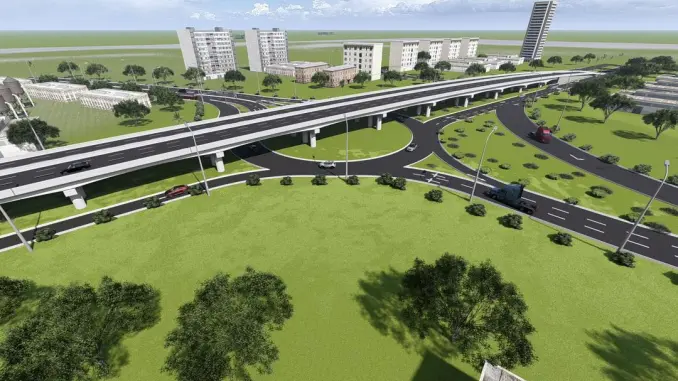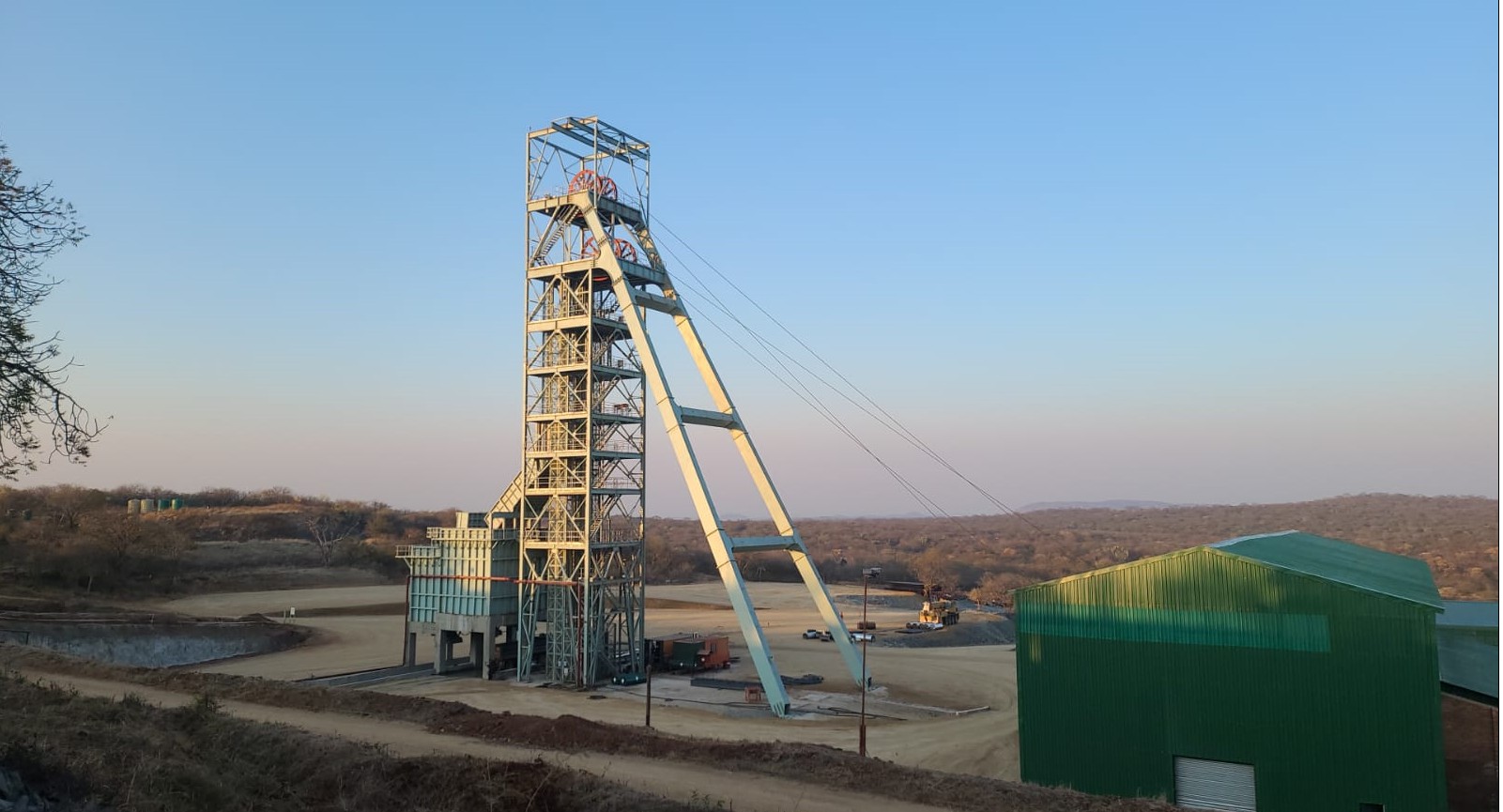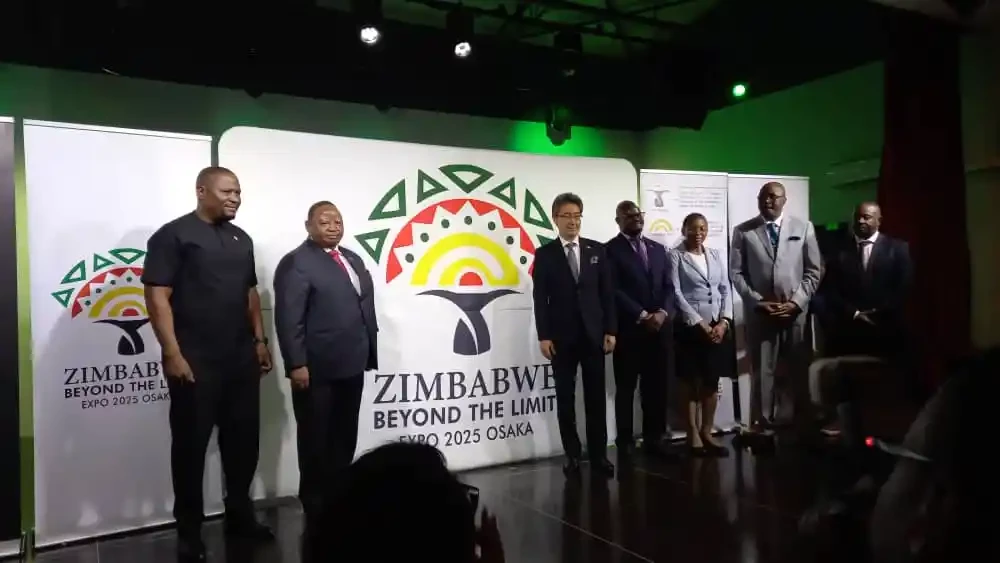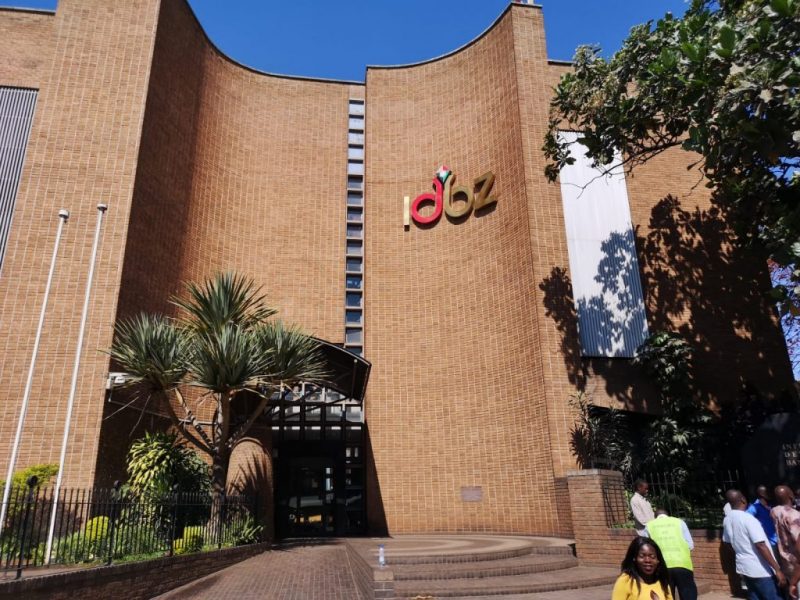‘Two percent tax’ a huge success
ZIMBABWE managed to avert a potential Covid-19 pandemic disaster while civil servants are receiving their salaries on time and infrastructural development projects are underway across the country — a positive development attributed to the internal funding from the Intermediated Money Transfer Tax, commonly known as two percent tax.
The two percent tax which received mixed reactions from different sections of society, with some unscrupulous retailers responding by increasing prices during the first days, has been a huge success.
President Mnangagwa has said the tax announced under the Transitional Stabilisation Programme (TSP) that is running until the end of the year, is critical in transforming the economy, which suffered from two decades of stagnation.
Cde Mnangagwa said the tax is not designed to hurt ordinary people and companies but to help the manufacturing sector get funds for retooling and modernisation to enable the sector to ramp up production.
Addressing the media fraternity and public relations officers from Government departments attending the media training workshop on the TSP programme successes and NDS1 reporting in Gweru yesterday, Permanent Secretary in the Office of Vice-President Kembo Mohadi, Reverend Paul Damasane said the media should take a leading role in educating the nation on Government programmes.
The three-day workshop is aimed at unpacking the success stories of Government’s TSP and the agenda of the recently launched National Development Strategy 1 (NDS1).
The NDS1 is replacing the TSP and will run from 2021 to 2025.
It will be anchored on devolution and decentralisation as well as prudent use of public resources.
Rev Damasane said it was unfortunate that the media sometimes propagates information that is harmful to the economy and citizens in the name of selling news.
Reverend Paul Damasane
“When the two percent tax was introduced, it was received with mixed reactions by the people because they didn’t have the correct information about that tax. They thought it was there to take away their income because they didn’t understand the manner in which it was going to benefit them.
This was because the media was not playing its role to educate the nation on the Government programme,” said Rev Damasane.
He said because of the two percent tax, the country which didn’t receive external funding to fight the Covid-19 pandemic like other countries in the region, was doing way better than them using internal funds from the tax.
Rev Damasane said many sectors of the economy had benefited from the tax.
“Our Covid-19 infection rate and deaths are way below other countries in the region which received external funding to fight the scourge. We are doing more to fight this scourge using our internal funding. Civil servants are getting salaries on time, infrastructure development projects are on course across the country.
“Those are some of the benefits we are enjoying from this tax which some people didn’t know,” he said.
Rev Damasane said some economists are arguing that the tax is low and should go up a little bit because it is working well for the development of the nation.
He said now that there is the NDS1, the ordinary people need to be educated so that they understand the strategy.
Rev Damasane said there are 14 points under the NDS1 and the media can pick their own niche so that they create stories around them while educating the people.
“The media also have a role to play in peace building. When the media doesn’t explain the prosperity issues to the people, the people will not be able to articulate them and that creates problems. Peace is an enabler for development and the media ought to articulate Government programmes so that they are understood by the people so that peace prevails,” said Rev Damasane.
He said on his inauguration, President Mnangagwa articulated the need to push forward the devolution agenda, a speech which some detractors took as political.
“The 2013 Constitution speaks of devolution but from that year until 2017, there was no public declaration on devolution until President Mnangagwa took over.
The devolution Agenda is also critical in nation building. It speaks of internal engagement through being in touch with the lowest citizens giving them room to choose development projects they want and that is what the Second Republic is doing. Bubi RDC has constructed clinics using devolution funds, a development that has improved access to health services for villagers who now walk short distances.
While we remain a unitary State, this Government is advocating for people-centred projects and that is also part of NDS1 and Vision 2030,” said Rev Damasane.
He said NDS1 must also be explained to the people in other languages other than Shona, English and Ndebele so that everyone comes on board and participates in development programmes towards the attainment of Vision 2030.
“We need to have NDS1 explained to our people in rural areas and that is possible if we use the languages they speak or are familiar within those areas. It’s the role of the media to debunk the myths about NDS1 and to amplify the progress made,” said Rev Damasane.-chronicle.co.zw










